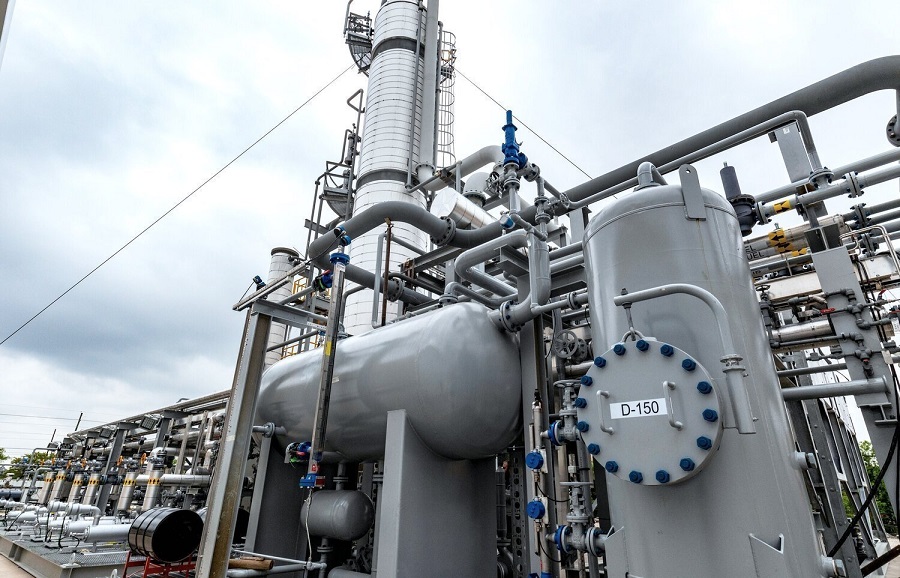Deha Tech has developed specialized Heat Exchangers designed to meet specific needs based on the users and industries they are in.
See the following:
- Chemical Heat Exchangers
- Pharmaceutical Heat Exchangers
- Steel Pickling Heat Exchangers
- Oil and Gas Heat Exchangers
We offer full thermal and mechanical designs based on the needs of the customer.
Heat exchangers are used in a wide range of demanding positions in the petrochemical industry and power industry.
Heat Transfer is one of the most important industrial processes. Throughout any industrial facility, heat must be added, removed, or moved from one process stream to another.
There are three basic types of Heat Transfer: conduction, convection and radiation. The two most common forms encountered in the chemical processing industry are conduction and convection. To transfer heat from one process to another, Heat Exchangers are used.
A Heat Exchanger is a device built for efficient Heat Transfer from one medium to another. The medium may be separated by a solid wall, so that they never mix, or they may be in direct contact.
Heat Exchangers come in so many shapes, sizes, makes, and models, they are categorized common characteristics. One common characteristic that can be used to categorize them is the direction of flow the two fluids have relative to each other.
Heat exchangers are three categories:
- Parallel flow: exists when both the tube side fluid and the shell side fluid flow in the same direction.
- Counter flow: exists when the two fluids flow in opposite directions. Each of the fluids enters the Heat Exchanger at opposite ends.
- Cross flow: exists when one fluid flows perpendicular to the second fluid; that is, one fluid flows through tubes and the second fluid passes around the tubes at 90° angle.
The most common types of Heat Exchangers are plate and shell-tube types. Others are Regenerative Heat Exchangers, Adiabatic wheel Heat Exchangers, Plate fin Heat Exchangers, Fluid Heat Exchangers, Waste heat recovery units and Dynamic scraped surface Heat Exchangers.
Additional benefits are:
- Optimized service intervals to meet your process requirements
- Reduced energy costs thanks to improved thermal efficiency and lower pressure drop
- Better planning to give you full control of production uptime and your maintenance budget
- Improved sustainability in your processes with longer life for your equipment
Deha Tech expert team always ready to dispatch support to your facility.

